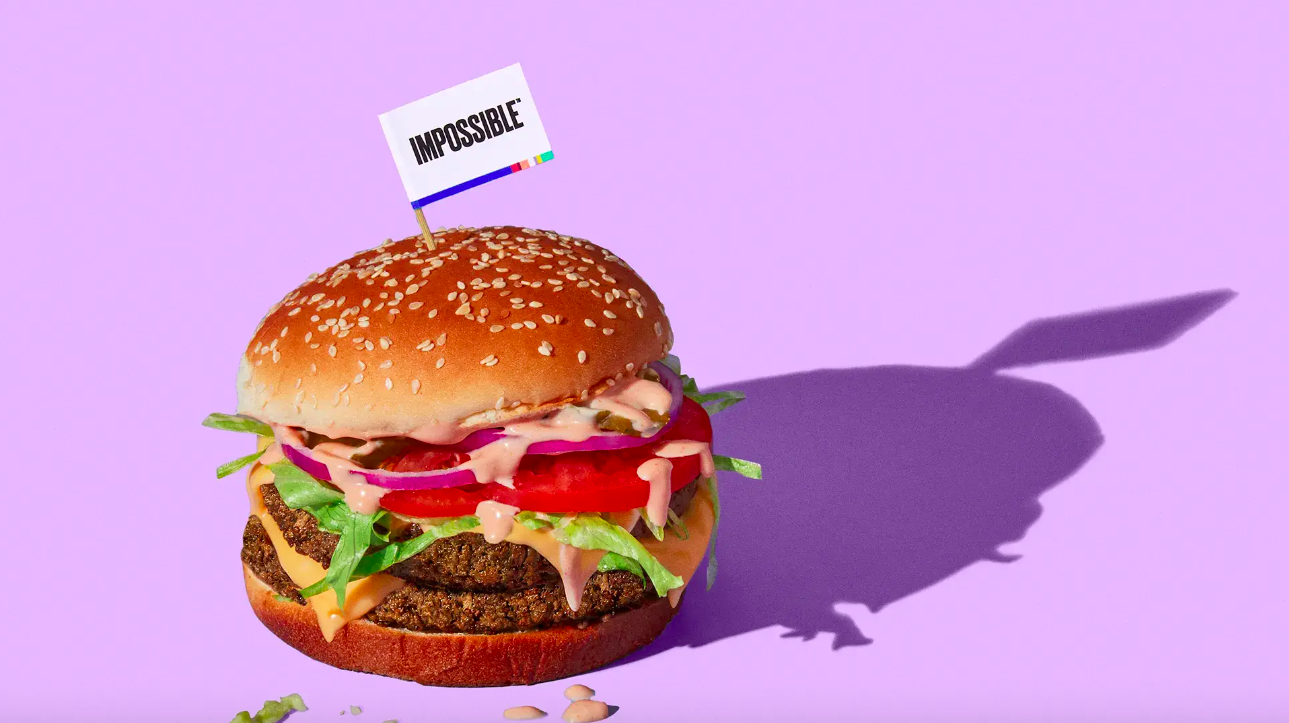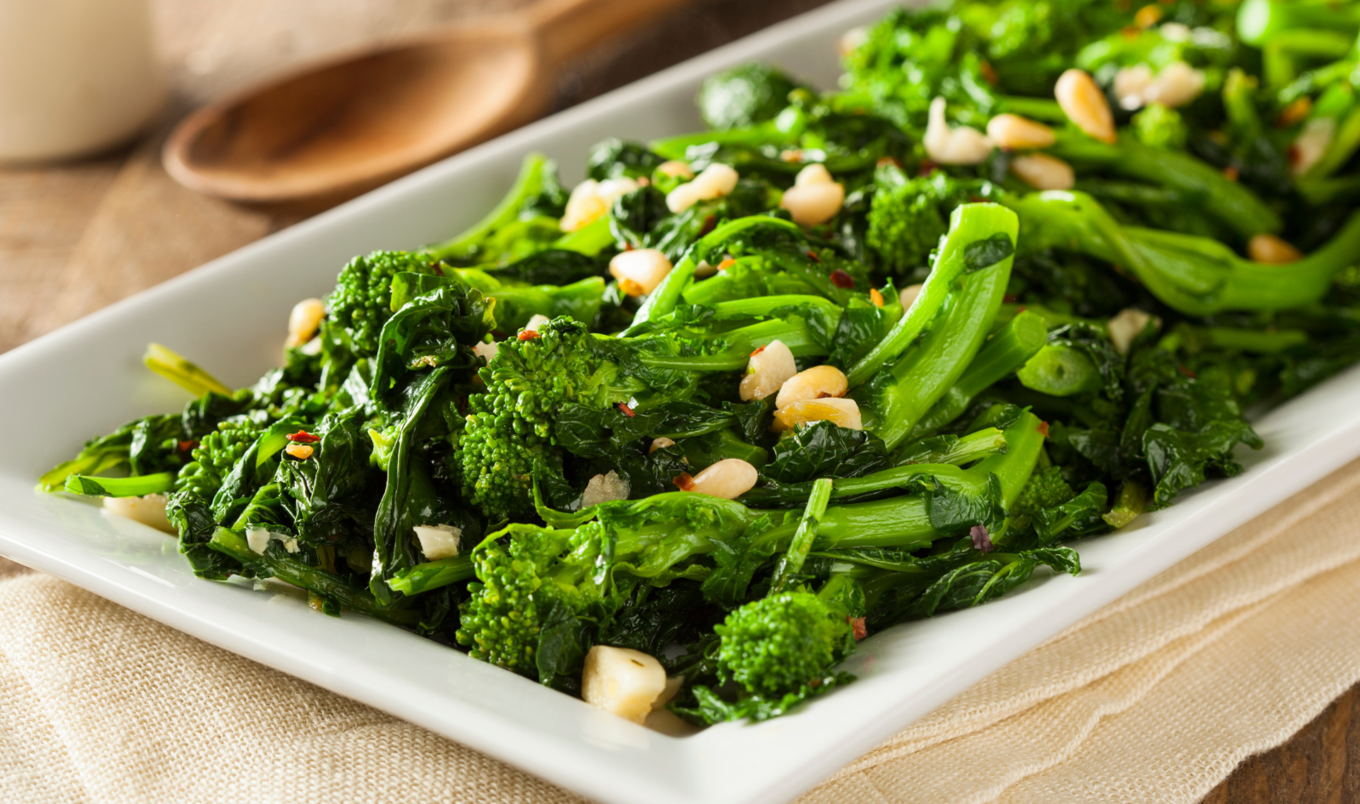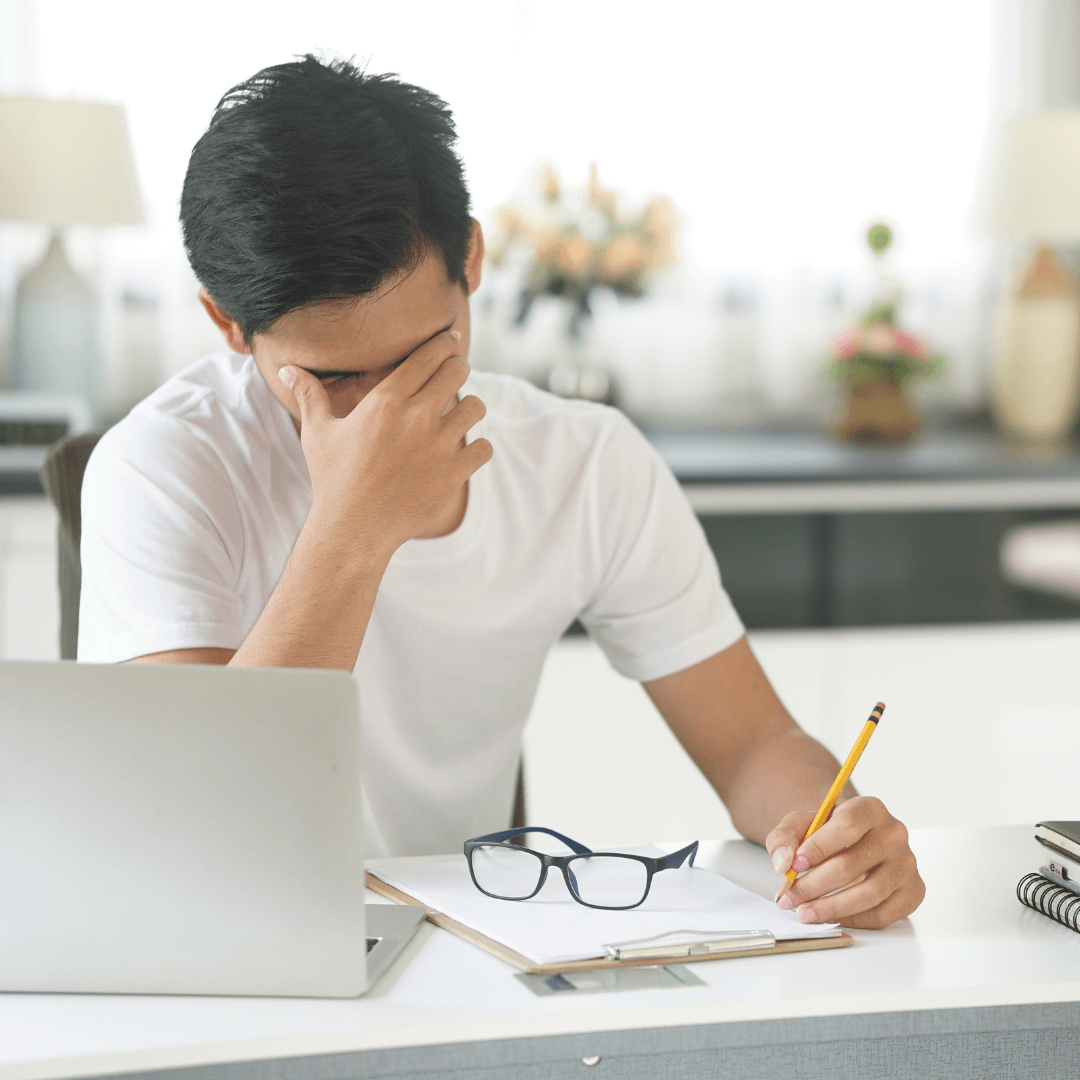Coffee is one of the most popular morning drinks in the world. In fact, in the US alone, approximately 517 million cups of coffee are drunk every single day. Boston Tea Party aside, there are many reasons why Americans love coffee. The biggest reason, of course, is the stimulating effect of caffeine on the body, but coffee is also associated with socializing and productivity. Coffee shops, for example, serve as social hubs, and they’re also places for business meetings, studying, and relaxing.
Most people opt for their first coffee fix first thing in the morning, which isn’t surprising since caffeine helps make you feel more alert and ready for the day. But is this really the best time to down a cup of Joe? We spoke to Kiran Campbell, RDN of Kiran Campbell Nutrition to get the lowdown on the best time to drink coffee.
Pexels
Table of Contents
What is the best time to drink coffee?
For many people, the first cup of coffee of the day is enjoyed almost immediately after waking up. Ideally, it’s savored while cozy in bed, but more realistically, it often takes the form of rushed sips between morning activities. However, research suggests that waiting a little longer for those first few sips of caffeine might make us feel better in the long run. This is because caffeine can increase levels of cortisol, aka the stress hormone, which is already at its peak after waking.
If you’ve ever experienced morning anxiety, this is likely because of our body’s natural circadian rhythm and something called the Cortisol Awakening Response. This phenomenon is when cortisol levels rise sharply within the first 30 to 45 minutes after waking up, which helps to increase our alertness and energy levels. If we drink caffeine during this time, it may further elevate cortisol levels.
“Caffeine is a stimulant drug that acts on the nervous system after ingestion,” explains Campbell. “Cortisol levels are at their peak just minutes before we wake up in the morning. Based on this evidence, waiting two to three hours after waking up would seem to be the best time to drink coffee.”
By waiting a couple of hours after waking, cortisol levels begin to decline naturally. Consuming coffee at this time may then provide an additional boost in alertness and energy without interfering as much with the natural cortisol rhythm.
However, before you start brewing your coffee, it’s also important to consider your bedtime, too. “Circadian rhythms and sleep play a large role in determining when you consume your cup of coffee each day,” adds Campbell.
“A systemic review and meta-analysis of data shows that it’s best to avoid caffeine intake from coffee at least 8.8 hours prior to bedtime. This is because caffeine has been shown to reduce sleep time by 45 minutes and sleep efficiency by 7 percent.” —Kiran Campbell, RDN
What does coffee do to your body?
Coffee can give us more than just alertness. This popular beverage is also rich in antioxidants, which are plant compounds that help to tackle damage from free radicals, and in turn, reduce the risk of chronic disease.
Studies have even suggested that coffee may have a big impact on cancer. According to City of Hope, a National Cancer Institute-designated comprehensive cancer center, there is research to suggest that drinking coffee regularly could lower the risk of prostate, liver, head and neck, and endometrial cancer.
In March 2024, one study funded by the World Cancer Research Fund even suggested that people with bowel cancer who drink two to four cups of coffee a day were less likely to experience a recurrence of the disease.
 Pexels
Pexels
That said, it’s important to note that coffee doesn’t affect everyone in the same way. “Individuals who are more sensitive to caffeine may experience headaches, shakiness, or increased heart rate and blood pressure,” says Campbell. For some, it might be better to avoid coffee completely or wait until after a meal to drink it for the first time.
“Adding coffee during or immediately following your meal will allow slower gastric emptying, meaning slower absorption and metabolism of the caffeine,” explains Campbell. “This may prevent any negative side effects one may experience from caffeine consumption.”
Diet is also important to consider, as the foods we eat may also raise cortisol levels. The Standard American Diet tends to be high in fat and sodium, which are “synonymous with low-grade inflammation and increased cortisol levels,” notes Campbell. Instead, she recommends drinking your coffee with healthy, low-fat, low-sodium foods, like those found in the Mediterranean diet, for example, to keep cortisol levels down.







.jpg?sha=1491c255b49d3e03)